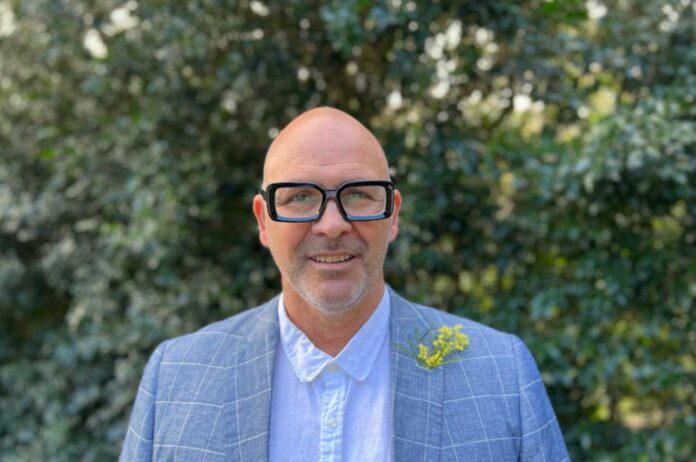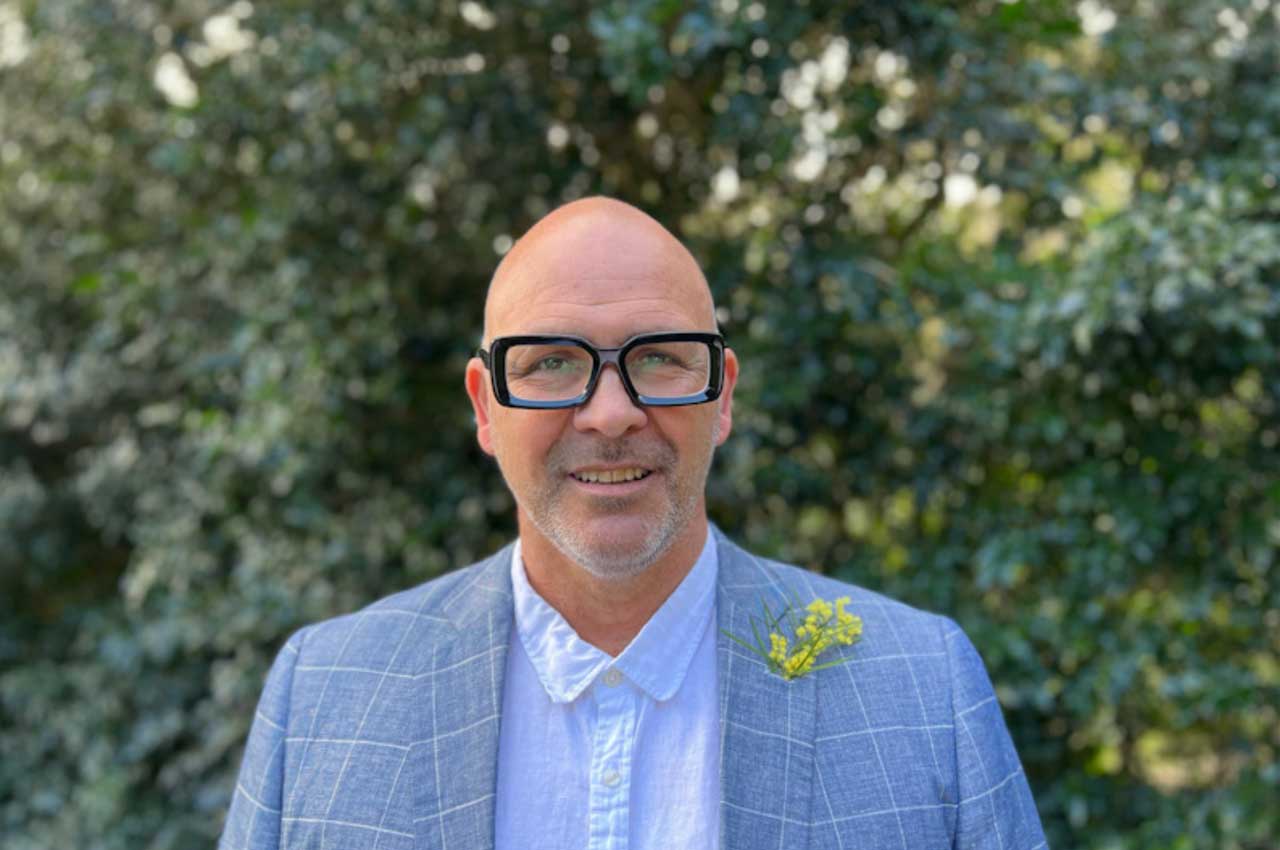
Stepping forward to champion Indigenous leadership and knowledge, La Trobe University has unveiled its new Indigenous Strategy. Launched during the institution’s Indigenous Week (October 2-6), this eight-year plan is designed to support and uplift First Nations students, staff, and communities through a range of innovative initiatives.
Among the measures to be implemented include the appointment of an Associate Dean (Indigenous) across all academic schools and the establishment of a Council of Elders to offer strategic and cultural advice on matters such as Indigenous access, participation, and success in education, research, and employment. There will also be an Indigenous Research Framework to guide collaborative research with the Indigenous community.

“The Indigenous Strategy breathes life into the University’s enduring commitment to walk with First Nations Australians, continuing the process of reconciliation, truth telling and treaty making,” said Associate Professor Michael Donovan, Pro Vice-Chancellor (Indigenous). The strategy was developed through extensive consultations with Indigenous Elders, community members, staff, and students.
The University also plans to establish an Indigenous Research Centre, provide mandatory cultural training for staff and students, increase employment opportunities for Indigenous people, and continue to position RISE as the core Indigenous pathways program.





